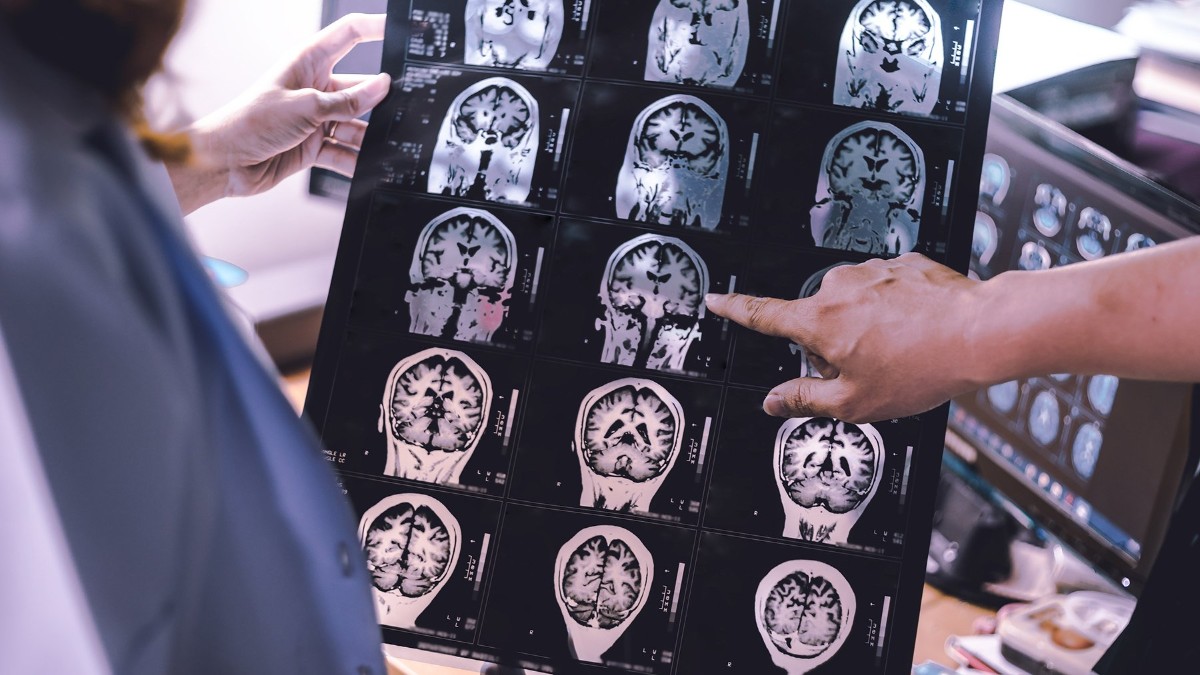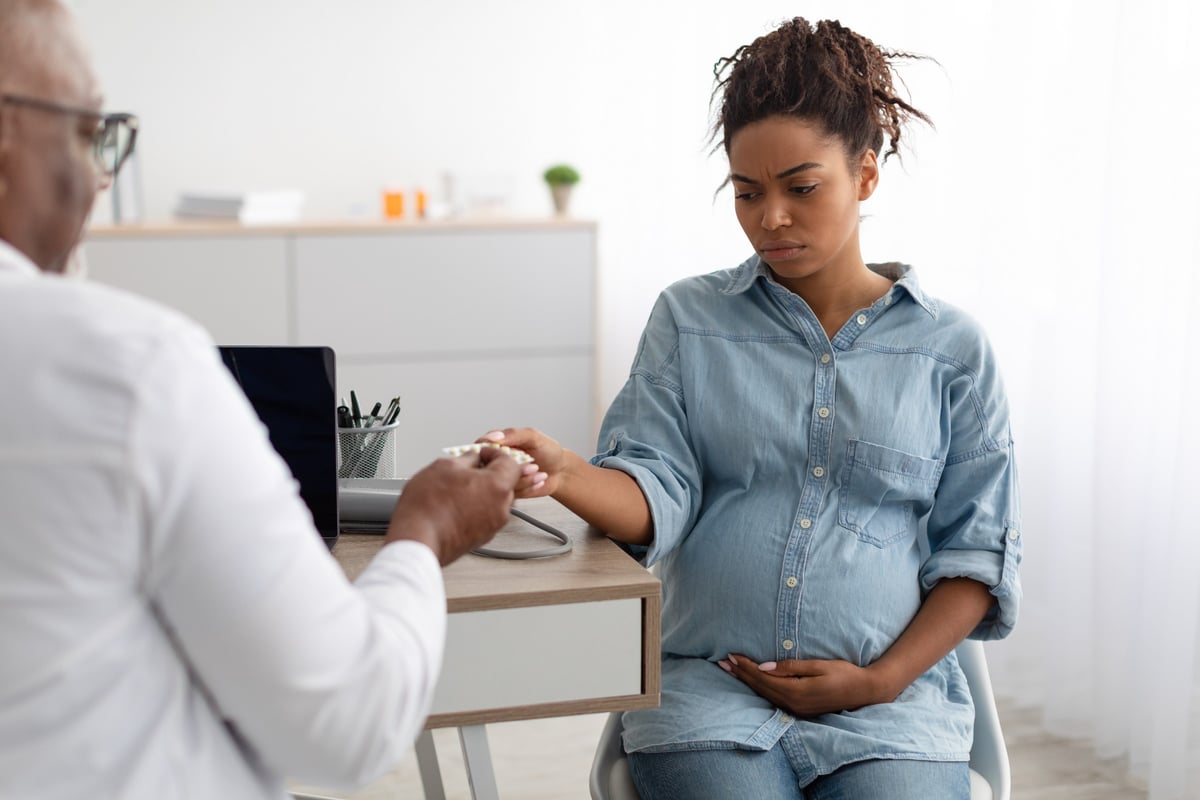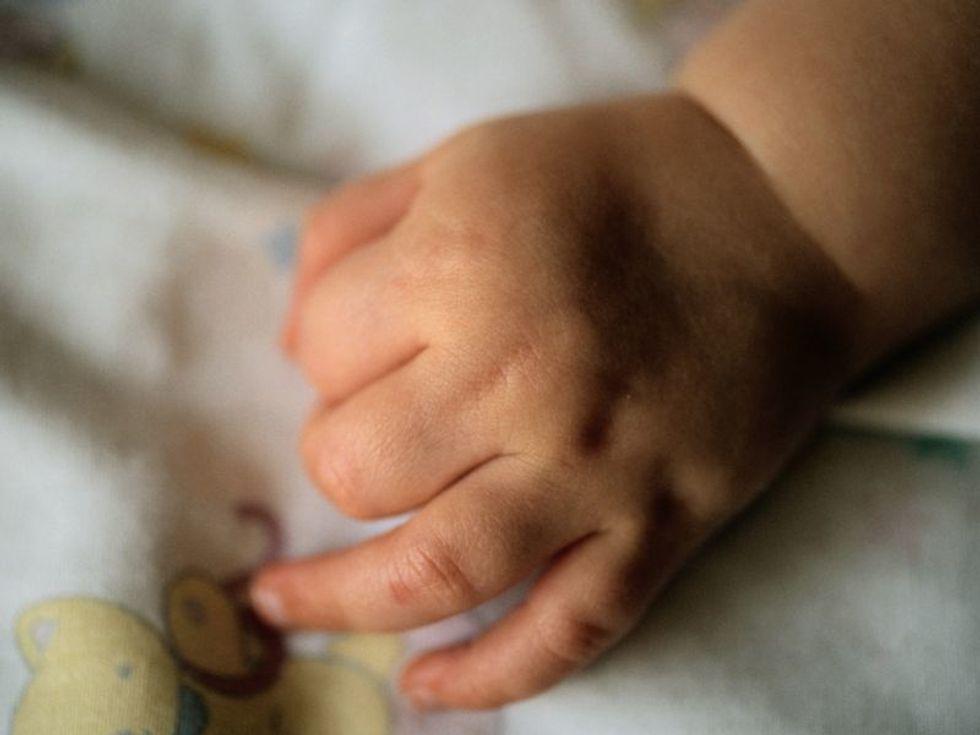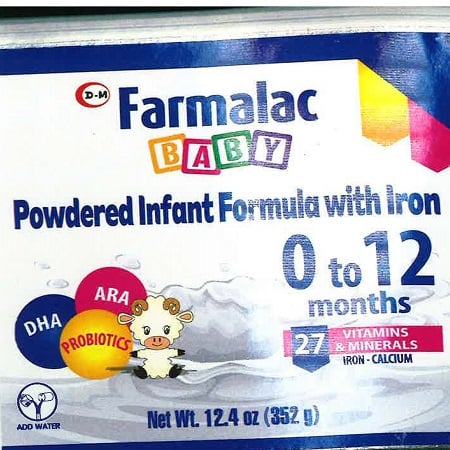
If your child is among the youngest in their school grade, it’s more likely they’ll be mistakenly identified by teachers as having ADHD or autism, a new study confirms. “Adults involved in identifying or raising concerns over a child’s behavior — such as parents and teachers — may be inadvertently misattributing relative immaturity as symptoms… read on > read on >





























